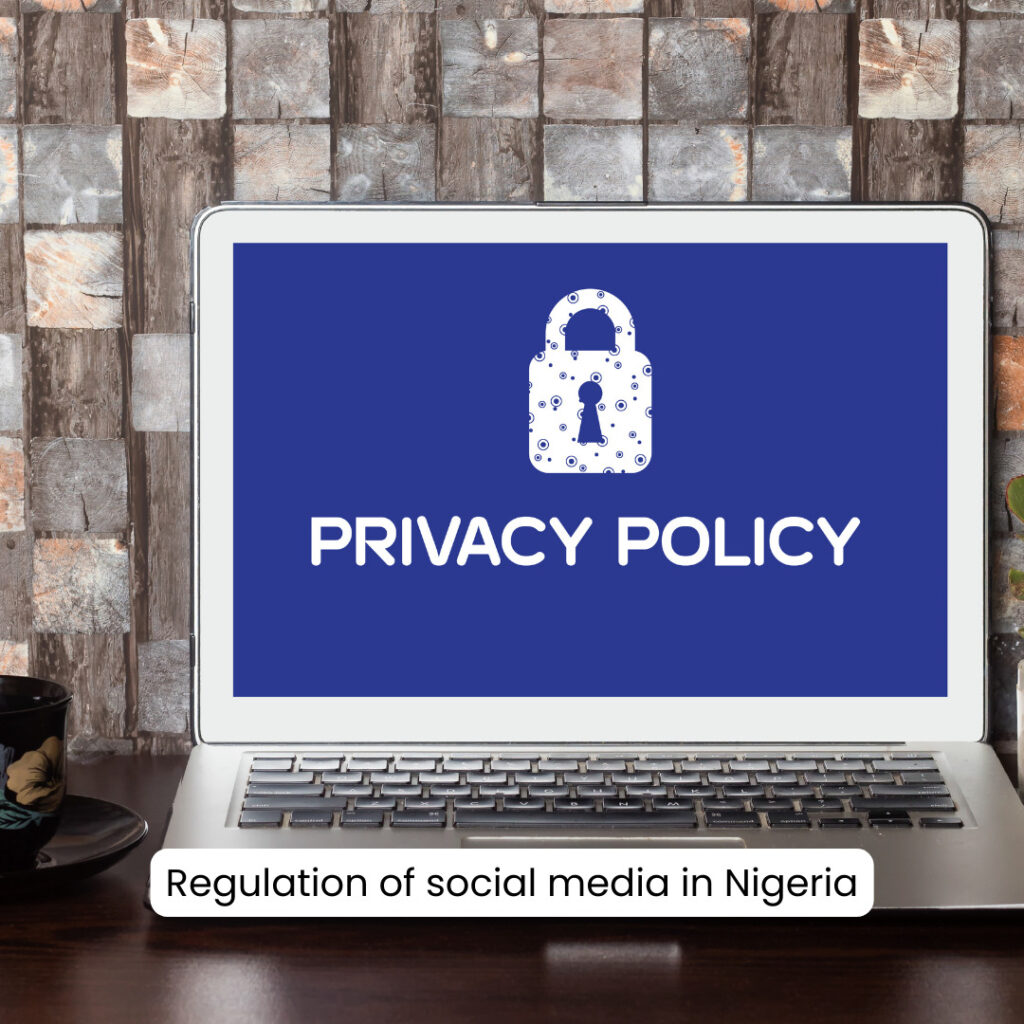Regulation of social media in Nigeria
The rise of social media has transformed the way individuals communicate, share information, and engage with the world around them. In Nigeria, as in many other countries, the rapid growth of social media platforms has led to complex debates about how to regulate these digital spaces while upholding fundamental rights such as freedom of expression and the need to maintain social harmony. In this article, we delve into the evolving landscape of social media regulation in Nigeria, examining the motivations, challenges, and potential implications for both users and the broader society.
The Role of Social Media
Social media platforms have become powerful tools for communication, enabling users to connect with friends and family, share their thoughts and experiences, and engage in public discussions on various topics. In Nigeria, social media has played a crucial role in mobilizing social movements, raising awareness about important issues, and providing a space for public discourse.
Motivations for Regulation
The call for regulating social media in Nigeria stems from a range of motivations, including:
- Disinformation and Fake News: Concerns about the spread of false information, misinformation, and fake news on social media have prompted calls for regulation to curb the potential harm caused by these forms of content.
- Hate Speech and Incitement: The use of social media to propagate hate speech, incite violence, and promote harmful ideologies has raised alarm about the potential negative impact on social cohesion and stability.
- National Security: Ensuring that social media is not exploited for activities that threaten national security, such as coordinating criminal activities or inciting unrest, is a significant motivation for regulation.
- Consumer Protection: Regulation can also address issues related to data privacy, online scams, and the protection of vulnerable users from exploitation.
Challenges and Concerns
While the motivations for regulating social media are valid, there are several challenges and concerns associated with implementing such regulations:
- Freedom of Expression: Balancing the need for regulation with the preservation of freedom of expression is a delicate task. Critics argue that overly restrictive regulations could stifle dissenting voices and curtail citizens’ right to express themselves online.
- Enforcement: Monitoring and enforcing regulations on a vast and rapidly evolving digital landscape can be a daunting task, particularly given the sheer volume of user-generated content.
- Technological Expertise: Crafting effective regulations requires a deep understanding of both social media platforms and the technological dynamics that underpin their operations.
- Cross-Border Nature: The borderless nature of the internet raises challenges regarding jurisdiction, especially when regulating platforms headquartered in other countries.

Current Measures and Ongoing Debates
Nigeria has taken steps toward social media regulation:
- National Broadcasting Commission (NBC) Code: The NBC’s amended code includes provisions for regulating content on social media platforms and seeks to ensure that digital platforms adhere to the same standards applied to traditional media.
- Draft Social Media Bill: In 2019, a draft social media bill was proposed, aiming to regulate online communication and curb fake news, hate speech, and other harmful content. The bill sparked debates about its potential impact on free expression.
Conclusion
The regulation of social media in Nigeria presents a complex and multifaceted challenge that requires careful consideration. Balancing the need to address legitimate concerns about disinformation, hate speech, and national security while safeguarding the principles of freedom of expression is paramount. As Nigeria navigates this digital crossroads, it is essential to foster inclusive, informed, and transparent dialogues that involve stakeholders from government, civil society, tech companies, and the public. By striking the right balance, Nigeria can chart a path toward responsible social media regulation that protects individuals, preserves democratic values, and promotes a safe and inclusive online environment.
